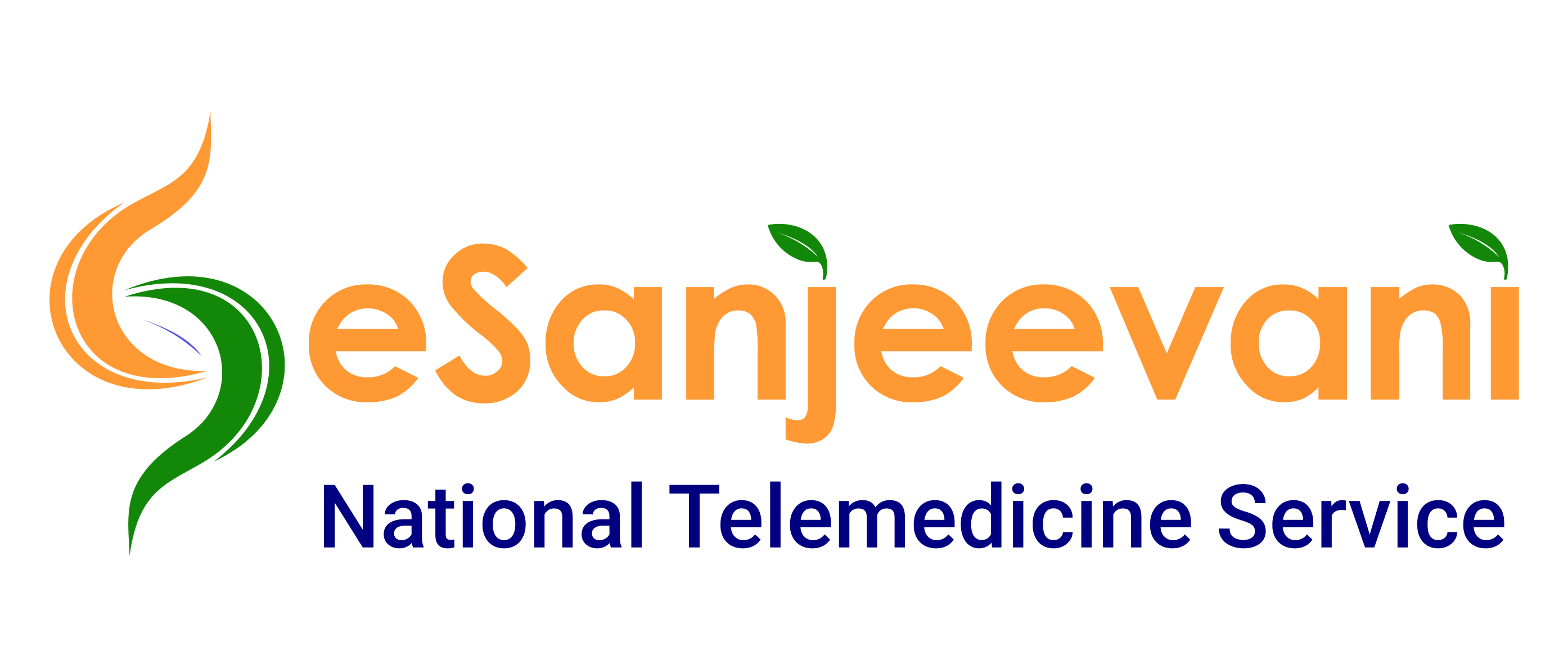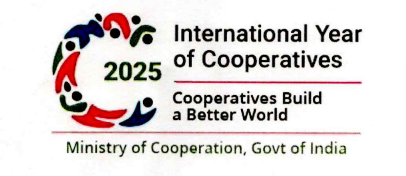Measures taken to reduce healthcare costs
Out-of-Pocket Expenditure as percentage of Total Health Expenditure has declined from 62.6% in 2014-15 to 39.4% in 2021-22
Government Health Expenditure as percentage of Total Health Expenditure has increased from 29.0% in 2014-15 to 48.0% in 2021-22
National Free Drugs Service initiative and Free diagnostic Service has been rolled out to ensure availability of essential drugs and diagnostic facilities
1.76 lakh Ayushman Arogya Mandirs have been established and operationalized which deliver expanded range of comprehensive primary healthcare services
AB-PMJAY aims to provide health cover of Rs. 5 lakhs per family per year for secondary and tertiary care hospitalization to approximately 55 crore beneficiaries corresponding to 12.37 crore families constituting the economically vulnerable bottom 40% of India’s population
Quality generic medicines are made available at affordable prices to all under Pradhan Mantri Bhartiya Janaushadhi Pariyojana
As per National Health Accounts (NHA) Estimates, the Out-of-Pocket Expenditure (OOPE) as percentage of Total Health Expenditure (THE) has been declining continuously, 62.6% (2014-15) to 39.4% (2021-22). The Government is making efforts to reduce the OOPE as % of THE. There has been significant increase in Government Health Expenditure (GHE) as percentage of THE, which was 29.0% in 2014-15 and 48.0% in 2021-22.
Further, Ministry of Health and Family Welfare has rolled out and implemented various national schemes and programs to provide accessible, affordable, and quality healthcare services to all, including those in rural areas. These key schemes/programs have contributed to reducing out-of-pocket expenditures in availing of health services, some are given as under:
National Health Mission (NHM): Under the National Health Mission, the Government has taken many steps towards universal health coverage, by supporting the State Governments in providing accessible and affordable healthcare to people. The National Health Mission provides support for improvement in health infrastructure, availability of adequate human resources to man health facilities, to improve availability and accessibility to quality health care especially for the underserved and marginalized groups in rural areas. National Free Drugs Service initiative and Free diagnostic Service has been rolled out to ensure availability of essential drugs and diagnostic facilities and reduce out of pocket expenditure of the patients visiting public health facilities.
Ayushman Arogya Mandir: A total of 1.76 lakh Ayushman Arogya Mandirs (AAMs) have been established and operationalized by transforming existing Sub-Health Centres (SHC) and Primary Health Centres (PHC) in rural and urban areas. The purpose of AAMs are to deliver the expanded range of comprehensive primary healthcare services that includes preventive, promotive, curative, palliative and rehabilitative services encompassing Reproductive and Child care services, Communicable diseases, Non-communicable diseases and all health issues, which are universal, free and closer to the community.
Pradhan Mantri Ayushman Bharat Health Infrastructure Mission (PM-ABHIM) was launched as a mission to develop the capacities of primary, secondary and tertiary health care systems; strengthen existing national institutions and create new institutions to cater to detection and cure of new and emerging diseases. PM-ABHIM is a Centrally Sponsored Scheme with some Central Sector components. The total outlay of the scheme is Rs 64,180 crore.
Ayushman Bharat Pradhan Mantri Jan Arogya Yojana (AB-PMJAY) aims to provide health cover of Rs. 5 lakhs per family per year for secondary and tertiary care hospitalization to approximately 55 crore beneficiaries corresponding to 12.37 crore families constituting the economically vulnerable bottom 40% of India’s population. States/UTs implementing AB PM-JAY have further expanded the beneficiary base, at their own cost. Recently, the scheme has been expanded to cover 6 crore senior citizens of age 70 years and above belonging to 4.5 crore families irrespective of their socio-economic status under AB PM-JAY with Vay Vandana Card.
Besides, quality generic medicines are made available at affordable prices to all under Pradhan Mantri Bhartiya Janaushadhi Pariyojana (PMBJP) in collaboration with the State Governments. Affordable Medicines and Reliable Implants for Treatment (AMRIT) Pharmacy stores have been set up in some hospitals/institutions.
The Union Minister of State for Health and Family Welfare, Smt. Anupriya Patel stated this in a written reply in the Rajya Sabha today.
****
MV
HFW/ Measures taken to reduce healthcare costs/25 March 2025/2






 स्वास्थ्य एवं परिवार कल्याण मंत्रालय
स्वास्थ्य एवं परिवार कल्याण मंत्रालय 





























